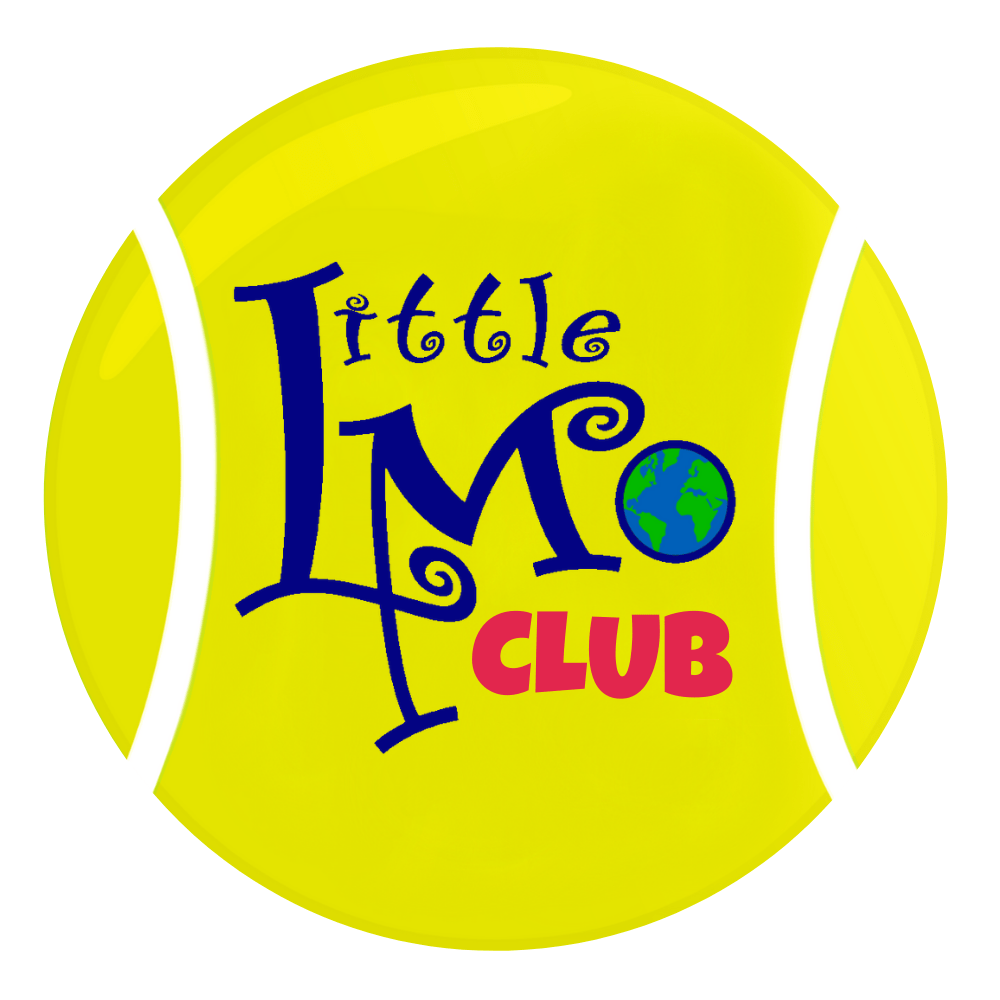Parent-Child Tennis Interactions as ‘The Perfect Storm’
Up Next
The “Others”
I’m thrilled to bring you the first guest post on ParentingAces, courtesy of Anthony Ross. Anthony is a former Pepperdine All-American tennis player. Today, he is an Australian-based registered sport psychologist currently completing his PhD who works primarily with developing athletes and their parents. Anthony is also the director of SportParentSupport.com, a website dedicated to helping parents foster children’s well-being through sport. Please check it out for some very insightful information for us tennis parents!
How you interact with your child around tennis has incredible power in influencing their development. This is because exercise and high levels of emotion common to sport make our brain more ‘plastic’ and easily rewired, which is how we remember things. You can take advantage of these conditions to positively impact your child’s development.
Our Brain Remembers Important Experiences Better
The genius of the human brain is evident in the way it has evolved ways of deciding which life experiences need to be remembered and learned from and which can be forgotten. Recent research has shown us that the brain figures out what is likely to be important to remember based on a number of factors, making it more easily rewired as a result. And as it happens, there are two factors crucial to sport that encourage our ability to remember sport experiences: exercise and high levels of emotion.
High Levels of Emotion
When an experience is unemotional our brain does not remember it with much strength but when an experience arouses high levels of emotion, such as many in, around, and following sport, our brain recognizes it as important, and becomes more plastic and easily rewired, which is the foundation for how we remember things.
What About Exercise?
Regarding exercise, it appears our human history as hunters and gatherers may have primed our brains to recognize experiences following exercise as important to remember. This makes sense when we consider that our predecessors ability to remember where sources of food were found following hunting were vital to survival.
How Does It Do It?
Our brains improve long term memory following exercise and during emotional experiences by growing new neurons (which are the brains basic building blocks) that are required for new brain connections to be made, making existing neurons more plastic and able to be changed. Exercise also increases barriers to the development of bacteria that prevent new memory connections forming.
So What Does This Mean for Your Child?
Let’s consider for a moment your interactions with your child following a loss or poor performance. The reality is that competition tends to evoke emotions in most of us as though we are involved in a life or death situation and losing can hurt in the same way that physical pain hurts. This means they will likely be experiencing high levels of difficult emotions at this time. Added to this is the fact that they have just been exercising intensely. This combination means that their brain is primed to remember and be changed by any experiences that they have at this time. It is therefore hard to imagine a time when your interactions with your child will be more powerful than those you have at the end of their tennis matches.
The ‘Perfect Storm’
To add to this our brains have also evolved an inborn attachment system to parents that make parent-child interactions especially influential in altering brain connections to begin with. This explains how parent-child sport interactions come to shape brain connections in such powerful ways. These interactions combine the power of parental interactions in emotional situations after exercise creating a type of ‘perfect storm’ for affecting the internal stories that will come to influence your child’s choices throughout life.
How Can You Use ‘The Perfect Storm’ to Positively Influence Your Child’s Development Through Tennis?
Here is a 4 step process that when practiced can help you support the development of your child’s well-being through appropriate reactions during this ‘perfect storm.’
1.) Develop Awareness – Develop a dual awareness of the situation by asking yourself ‘What is going on for me right now?’ and ‘What is going on for my child right now?’ Stopping to reflect on these questions can break the automaticity of reactions that is common during the emotions of sport experiences.
2.) Develop Acceptance – Once aware, it is important to tame our natural inclination to reduce or avoid the difficult internal experiences (thoughts, feelings, body sensations, and urges) that are common to sport parenting interactions. You can do this by after noticing your experience, labeling it in a couple of words. For example “There’s anxiety,” or “There’s anger.”
3.) Shift Attention – Once you have made room for these internal experiences, shift attention onto this question, “What do I want my child to learn from this experience?”
4.) Commit to Action– You are now ready to choose an action that supports the development of well-being by asking, “What do I need to do to do that?”
By practicing this process you will be better placed to cope with the challenges that can arise during sport parenting and respond with your child’s well-being in mind. This will allow you to take advantage of the opportunity this ‘perfect storm’ creates to positively influence your child’s development through their tennis participation.
If you have any questions for Anthony, please post them in the Comments box below. And, of course, feel free to share this post and others with anyone who might benefit.













Comments are currently disabled for this post